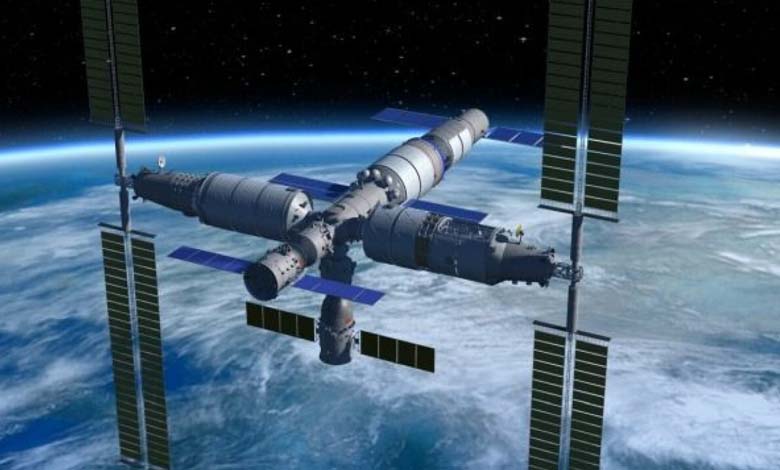New stem cell research takes flight to space

Mayo Clinic in America plans to launch an experiment into space from NASA’s Kennedy Space Center on January 29th.
The research team led by Dr. Abla Al-Zubair from the hospital is preparing stem cells for flight to test the impact of microgravity on bone loss.
Dr. Al-Zubair, a laboratory medicine and pathology specialist at Mayo Clinic in Florida, stated in a report on the hospital’s official website, “We have known for some time that astronauts lose bone density during long-term space travel, and we want to understand how this happens so that we can work on solutions to prevent bone loss not only in astronauts while in space but also in patients here on Earth.”
The research project will study the effects of gravity on a type of stem cell derived from bone marrow known as mesenchymal stem cells or adult stem cells, which possess growth factors and healing capabilities, playing a crucial role in tissue repair and regeneration.
Dr. Al-Zubair’s team will investigate how stem cells function during their time in space. Dr. Zubair suggests that the experiment may have implications for future space travel, including human missions to Mars.
This early research could also impact future human clinical trials, possibly a decade from now, according to Dr. Zubair.
“We will use what we learn from this project to enhance our research on the road to clinical trials, with the ultimate goal of testing therapeutic factors that can prevent or treat bone loss associated with osteoporosis, as well as bone loss occurring in patients who remain bedridden for long periods,” said Dr. Zubair.
The research will be conducted during two spaceflights, with the first one assessing the impact of microgravity on bone-forming stem cells. The second spaceflight, scheduled later in the year, will analyze the effects of microgravity on other cell types involved in bone formation or loss. A compound that could be used to treat bone loss in space and potentially on Earth will be tested.












